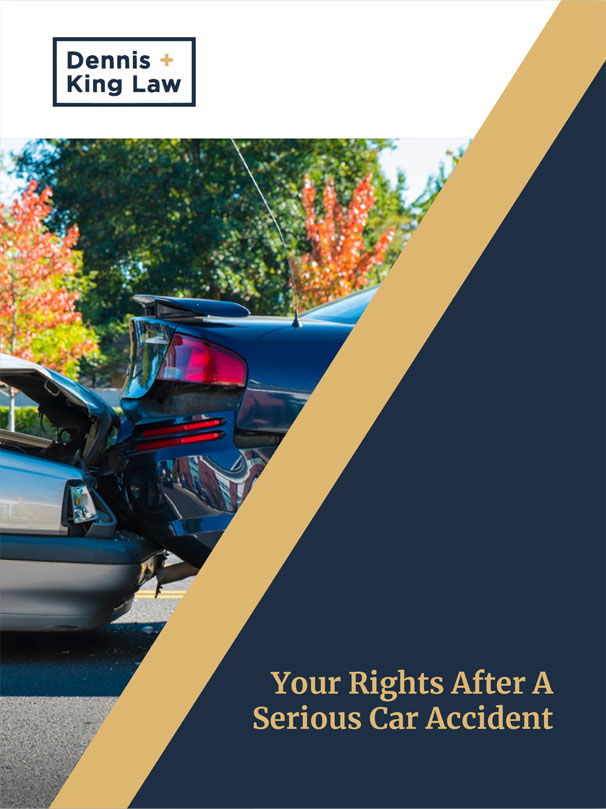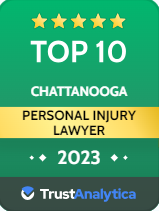After the shock of the collision wears off, you may not hurt much. Then, in the next day or two, you notice your neck feels stiff and painful. You wonder if you have whiplash. This leaves many people wondering, “can a fender bender hurt you?”. The answer is, yes, absolutely.
Low speeds still can mean high damage
Even collisions that happen at low speeds damage your muscles, tendon, ligaments and bones by subjecting them to forces they can’t withstand. According to the Spine Research Institute, more than half of car accident injuries occur at speeds of 12 mph or less. That may not sound like much, but it’s enough to stretch and tear your ligaments, tendons and muscles or throw your spine out of alignment.
You may not feel anything at the time of your accident because the fear, anger, or shock of being hit or hitting something else floods your body with pain-numbing adrenaline and other endorphins. Once the endorphins wear off a few days later, the pain sets in.
Feeling fine isn’t necessarily a good sign
Many physicians recommend that you and anyone else involved in a fender bender or other car crash get immediate medical care to determine if your spine or supporting tissues have been injured. While contusions and cuts are obvious signs of injuries, internal injuries may not have external manifestations and therefore are easy to ignore.
Even during a fender bender, your head may be thrown forward (hyperextended) or thrown to side to side. Whiplash is actually a sprain or strain of the ligaments, tendons and muscles that support your cervical spine in your neck. If you noticed any movement of your head during your crash, get evaluated right away.
Airbags can hurt while saving your life
Airbags aren’t filled with air, but with nitrogen gas that explodes into action on impact, even at speeds as low as 10 to 15 mph. Airbags are designed to save your life by stopping you from hitting the dashboard or going through the window during a collision. But they can hurt you.
When an airbag deploys, it may hit you with a force of about 144 mph. That’s a lot of pressure and stress for your neck, face, side and chest to withstand if your airbags deployed during your collision. You should seek immediate medical care if your airbags deploy.
Seatbelts can cause trauma
Like airbags, seat belts save lives. You should always wear a seatbelt. But when your body is thrown against a seatbelt, you may suffer bruising, shoulder and back sprain and strain. These injuries can cause significant pain and disability within a few days of the collision.
Small injuries add up
The collection of injuries to your spine, soft tissues and even organs that car collisions can cause create a substantial amount of pain over time. If you ignore the warning signs of injury and don’t get a medical evaluation, you risk re-injuring yourself and even creating permanent damage.
Even when you don’t see signs of injury and don’t feel pain at first, you may begin to notice changes in your body and behavior after your fender bender. These subtle changes could be signs of a serious spinal or internal injury that could result in permanent injury or a chronic pain condition.
Be sure to seek medical attention of you experience any of the following after an accident:
- Shortness of breath
- Abdominal pain
- Limb weakness or numbness
- Stiff muscles
- Sore or stiff back or neck
- Dizziness or confusion
- Vision problems
- Urinary problems or bleeding
If you’ve been in a car accident that wasn’t your fault, contact us at Dennis & Winningham Law at 423-413-2332. Even if you don’t have health insurance, funds for medical care or a primary care doctor, we will help you get the medical care you need.

 500+ five star reviews
500+ five star reviews








